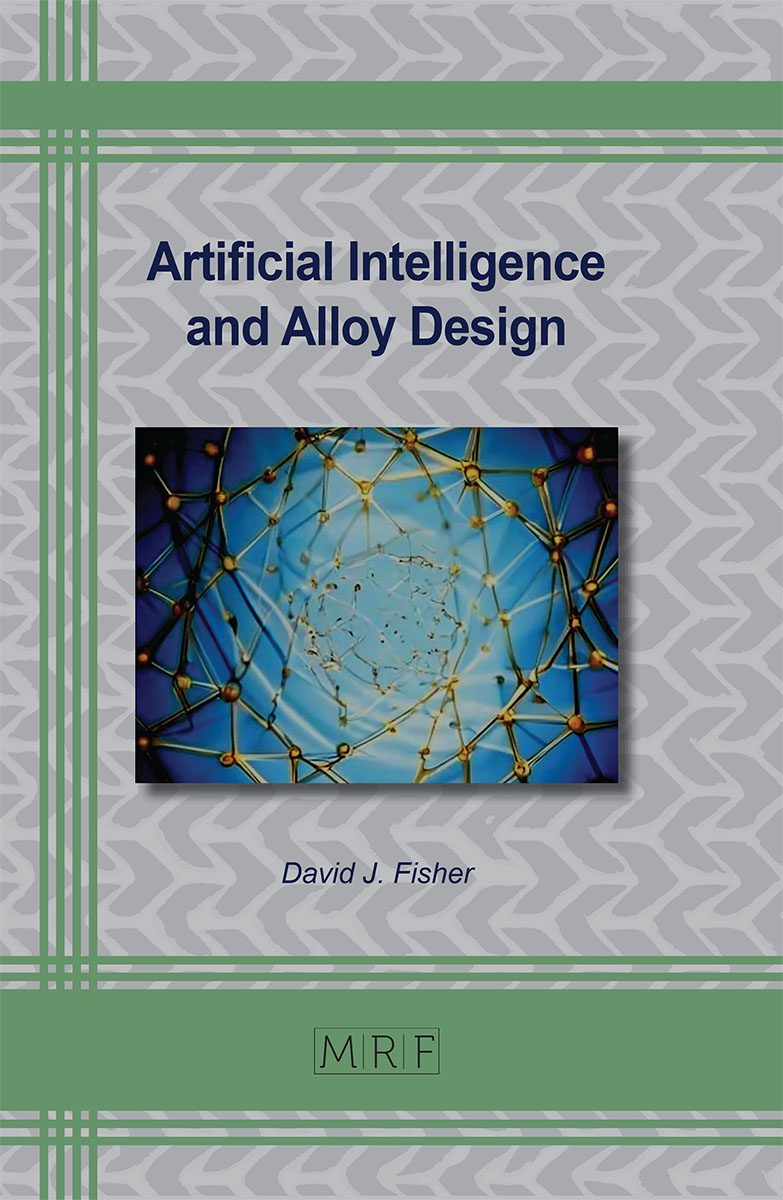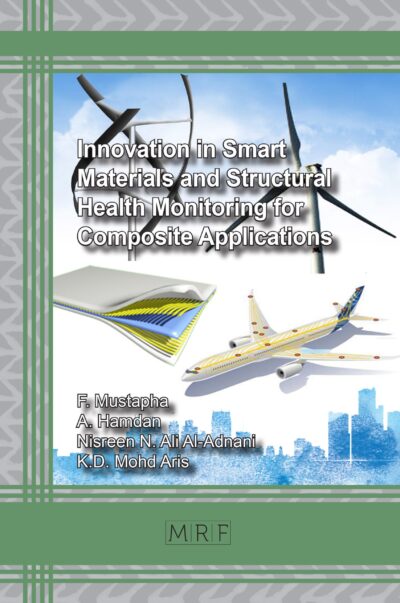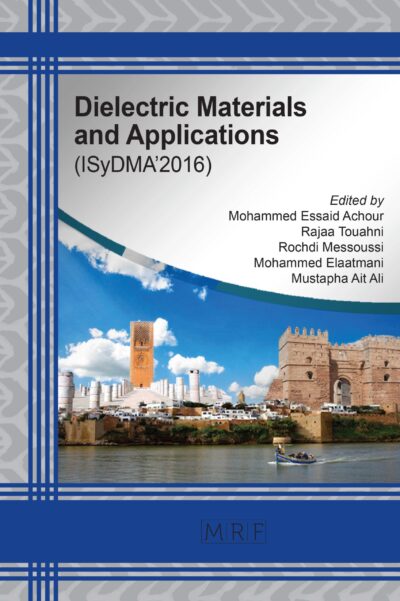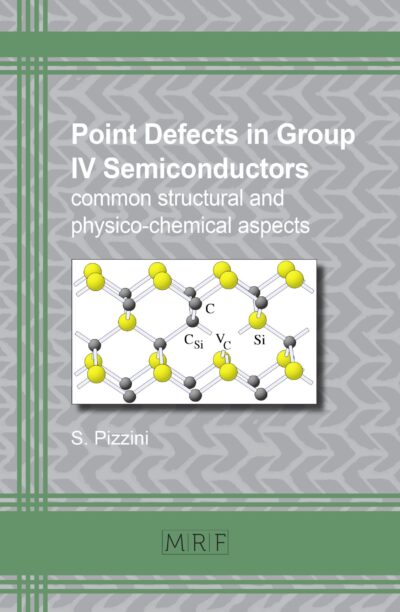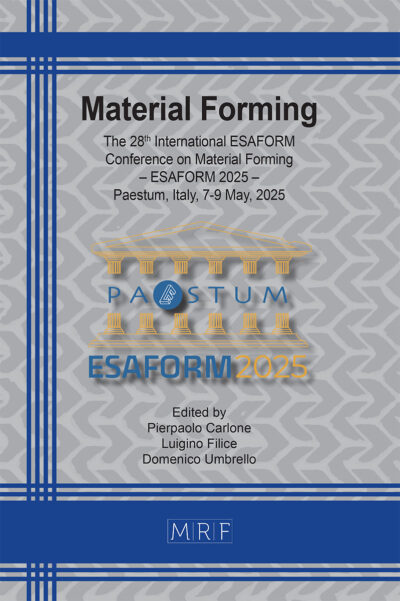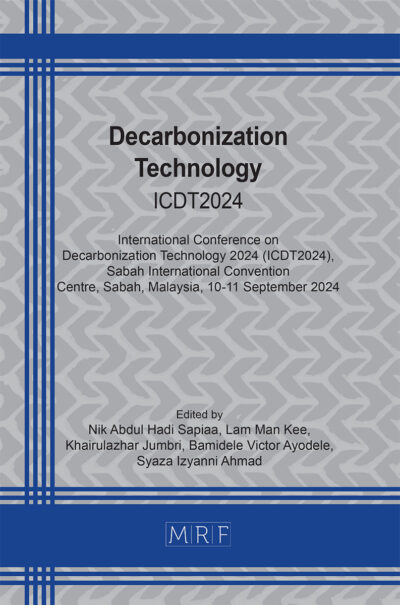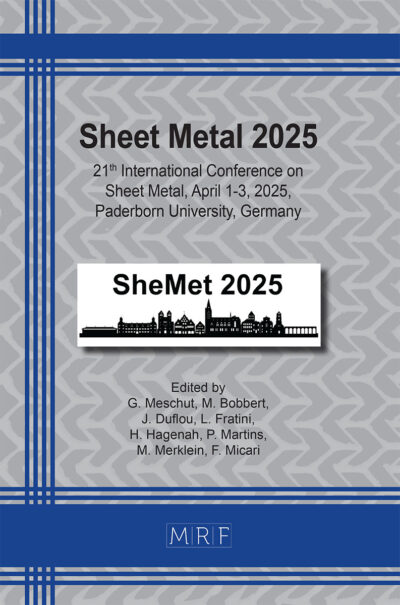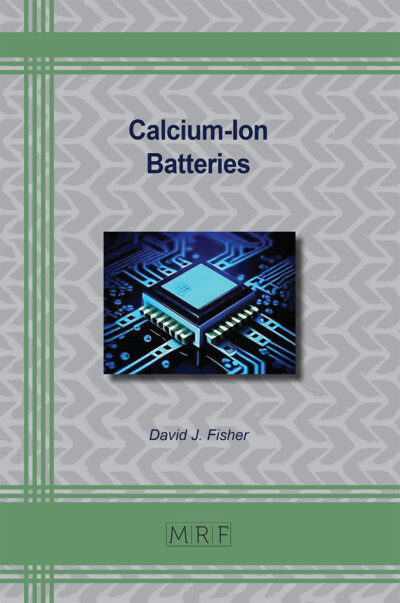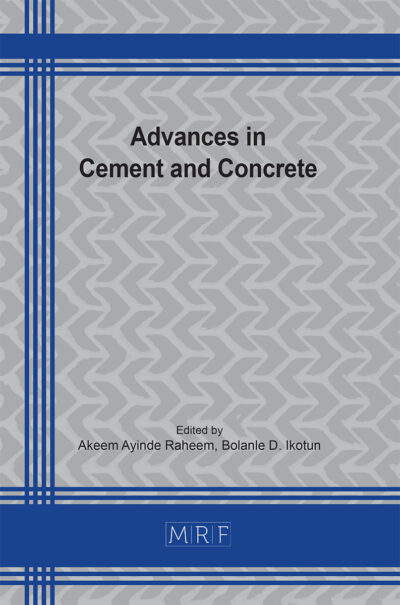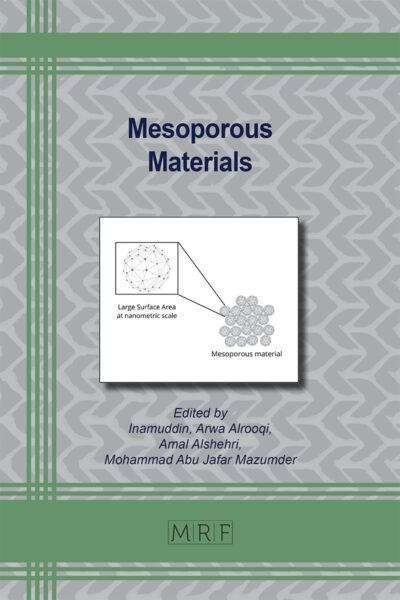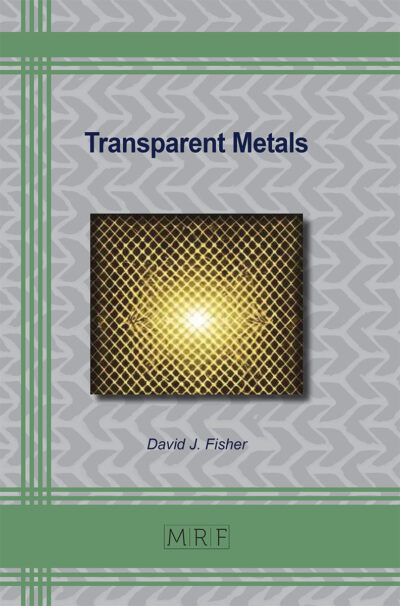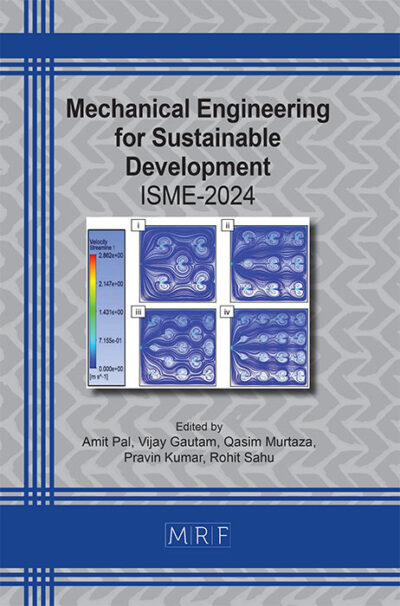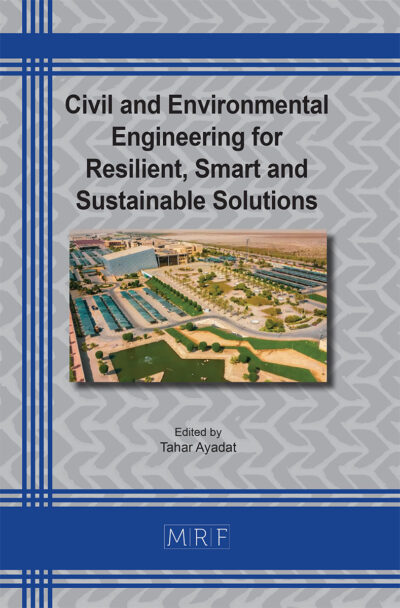Artificial Intelligence and Alloy Design
David J. Fisher
Materials Research Foundations Vol. 166
Publication Date 2024, 126 Pages
Print ISBN 978-1-64490-314-8 (release date August 2024)
ePDF ISBN 978-1-64490-315-5
DOI: https://doi.org/10.21741/9781644903155
The development of novel materials can be greatly accelerated by Artificial Intelligence based on high-throughput automatic computation and data-mining of material databases. Artificial intelligence can be used to predict the properties of alloys, based simply upon their composition. The book references 343 original resources with their direct web links for in-depth reading.
Keywords
Machine Learning, Artificial Neural Network, Back-Tracking Algorithm, Bat Algorithm, Bayesian Regularization, Chimp Optimization Algorithm, Regression Tree, Firefly Algorithm, Genetic Algorithm, Gradient Boosting Decision Tree, Grey Wolf Algorithm, Half-Heusler Alloys, Hume-Rothery Rules, Jaya Algorithm, Johnson-Cook Model, Random Forests, Sparrow Model, Whale Optimization Algorithm, XGboost Algorithm

